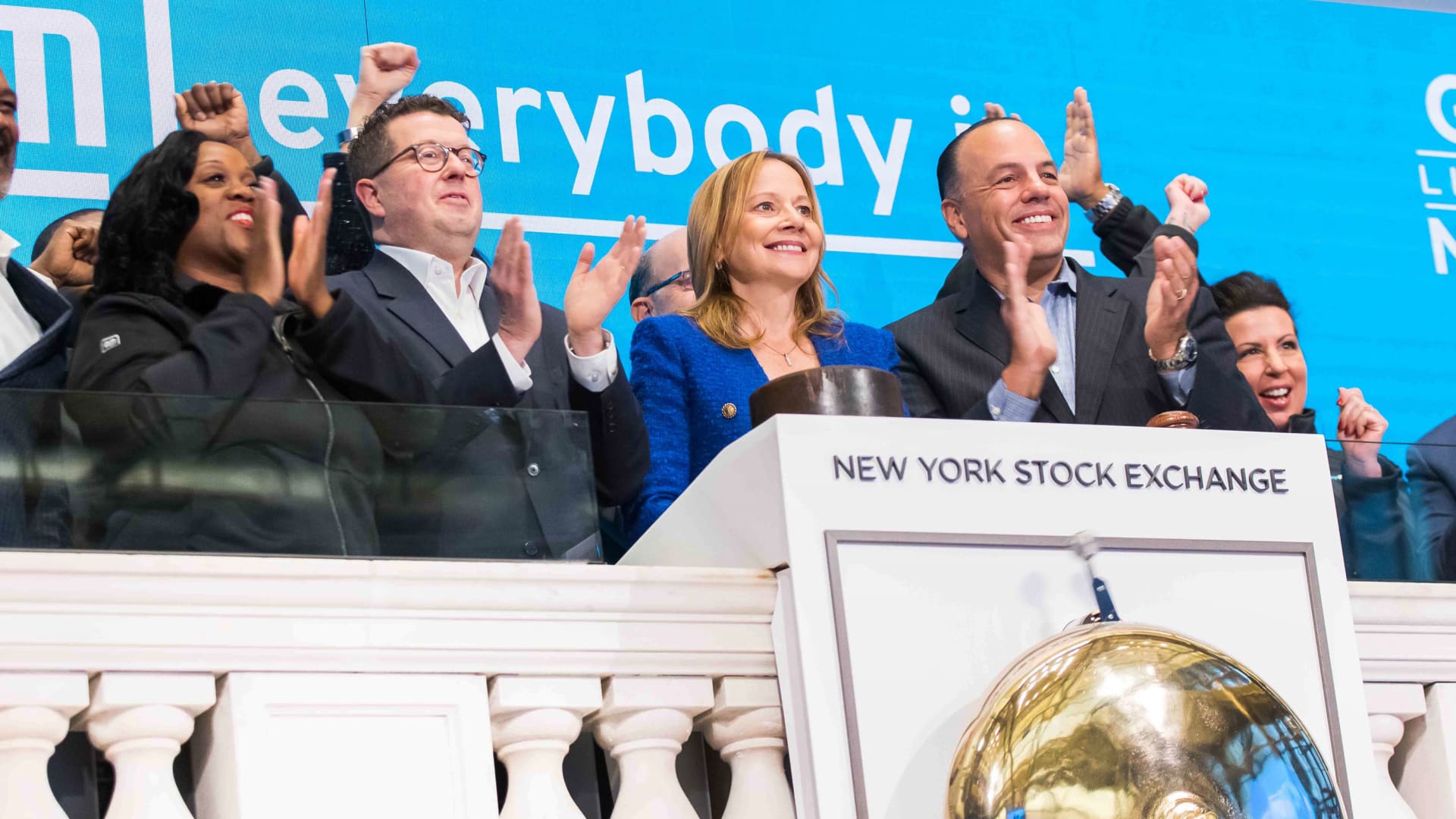GM's Financial Move: Stock Buyback & Dividend Boost
GM's Strategic Financial Decisions: An Investor's Perspective
The latest financial strategies from General Motors have set the business world abuzz. Historically, increasing dividends and initiating stock buybacks signal a company's robust financial health and commitment to enhancing shareholder value. GM's move reflects a calculated approach to retaining investor confidence amidst fluctuating market dynamics. The $6 billion buyback program aims to limit stocks available in the market, effectively increasing the value of remaining shares.
"Stock buybacks can be beneficial for shareholders as their ownership stake in the company increases when fewer shares are outstanding," - Forbes Financial Analyst.

Understanding Dividends and Share Buybacks
Dividends are a portion of a company's earnings distributed to shareholders, typically seen as a sign of corporate profitability and long-term stability. Share buybacks, meanwhile, reduce the number of outstanding shares, potentially raising stock prices due to limited availability. For GM, boosting its dividend underscores a confidence in steady cash flow despite the automotive sector's capricious nature.
- Enhance shareholder value.
- Depict financial strength.
- Pave the way for increased stock value.
Market Reactions and Expert Insights
Following the announcement, analysts and investors eagerly monitored GM's stock market response. Historically, buyback schemes coupled with increased dividends create ripples of enthusiasm among stakeholders. Automotive industry specialists argue that these measures may buffer GM against adverse economic downturns.
Check this LinkedIn article featuring insights from market experts on how such strategies are shaping auto industry investments.
The Broader Industry Implications
General Motors is navigating a tricky landscape of technological advancement and economic pressures like many in the automotive sector. This strategic financial move could set a precedent, nudging other automotive giants to reconsider their own fiscal strategies. With looming electrification and autonomous vehicle trajectories, having robust fiscal policies could be vital for future industry shifts.
Watch this YouTube analysis on GM's strategic implications.Dynamic Market Adaptations of Automotive Companies
While GM pivots with financial robustness, the question remains how other automotive brands will react. Market analysts are keenly observing potential domino effects within the industry. Will Ford, Toyota, or Tesla follow suit, or will they conceive alternative routes to fortify their standings?
This dynamic shift in GM's financial strategy showcases the company's ambitions to remain competitive and investor-centric. The broader impact on the industry, investor sentiment, and GM's future moves will likely be topics of ongoing discussion and analysis.
Stay tuned to updates by following Elon Musk and other automakers' leading voices who frequently discuss market strategies and innovations.
